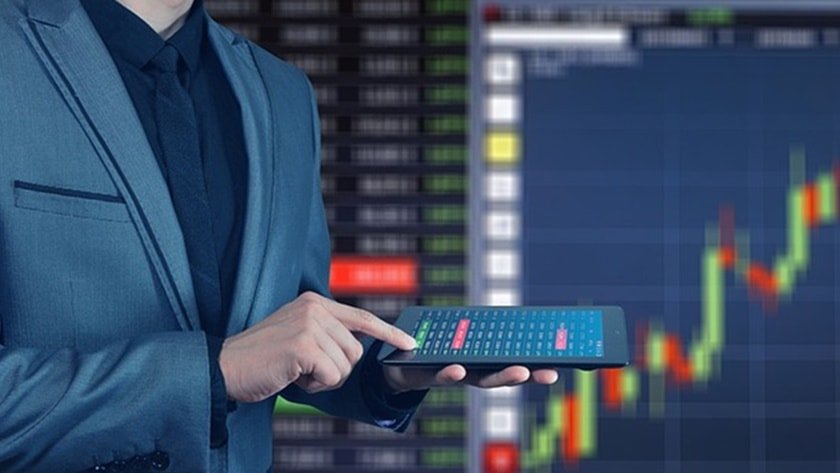10 Considerations for Being a Forex Trader, Part I

Being a Forex trader seems to be the goal of many people today, however, like anything else, doing well requires method and patience. These are some considerations you should keep in mind not to be one of the bunch.
1. Don’t enter Forex expecting fast money
Most people see the Forex market as a kind of exit to their financial problems, it can be, if you know the market and know what to expect. In the meantime you should keep learning.
The rise of technologies such as crypto currencies has caused people to throw themselves into over-the-counter to trade with Bitcoin, this is especially palpable in LATAM, especially in countries such as Mexico and Colombia.
The problem is in the expectations, because even though you can have a lucky break and win a lot of money in a negotiation, if you want to leave everything to chance it would be better to look for a casino and not a financial market.
2. There are no miraculous remedies
Brokers offer many resources to learn trading, but none is infallible, and most importantly, you don’t learn trading in a few hours of class. The only way is the perfect harmony between theory and practice.
The road is hard, and surely more than once you will want to leave it, but with a little effort and perseverance you will leave behind those ideas to move forward.
3. Don’t believe everything they tell you
Whether or not they are a scam or a fraud, many brokers will paint you a trade that differs quite a bit from real life trading; with its pros and cons, and although the reward is great, the road is hard.
There are few who will tell you things as they are, unadorned and directly, so you must trust yourself and your logic as you learn.
4. The devil is in the details
Strategy? Of course, strategy is essential, but don’t forget that there are details that can ruin you. Details like controlling your emotions, a rookie mistake, but in which even the most experienced traders have succumbed too.
Beware of emotions
Emotions are irrational. If you’ve fallen in love you’ll know what I’m talking about, in that state, 2+2 isn’t always 4. When we’re angry we’re capable of doing crazy things, like cutting off a relationship for years. The same logic applies to trading.
In fact, logic is the key word, in a logical mind the irrationality of emotions must have no place in trading; you must be a robot that calculates in a cold and methodical way.
Instinct? Of course, but don’t be fooled, at first your instinct will be nothing but emotion in its purest state. The instinct you want will take years to develop fully, and when it happens you will not call it instinct if not experience.
“Holy risk management, Batman.”
The other great detail that you must take care of is to establish an adequate risk management. With time you will learn that all your trading will be based on a good strategy, the problem is that you will only get it with experience, which you do not have until now.
So you must rely on more basic things in this first stage. Like, for example, yourself. Ask yourself how well you know yourself, do you know your strengths and weaknesses? This is paramount, since a lot of trading is self-control.
We have already explained it with emotions, and risk management is nothing more than analyzing the dangers, advantages and disadvantages of trading in this or another way, or investing in this or another asset.
What kind of trader do you want to be? What are your expectations? Questions that need to be covered before you start trading real money. It seems like a silly thing to do, but not doing this will lead to silly mistakes, like not knowing how to close losing trades.
5. Don’t stop trying.
You have a hard time assuming losses, you don’t know how to use stops loss, you became a specialist in converting 20 pips losses into 100 pips losses; you have a hard time closing losing or winning trades, and all this while you’ve been trading for a long time.
These errors are common mistakes of beginners, in which little or nothing has to do with time if you have not yet controlled the details that will make you a trader who begins to grow and learn that the markets have their logic, the trick is to find it.
But don’t worry, because although in this first part it was all about describing your most common failures, in the second part we will see what you must do to become a trader that generates good returns in Forex and other markets.






